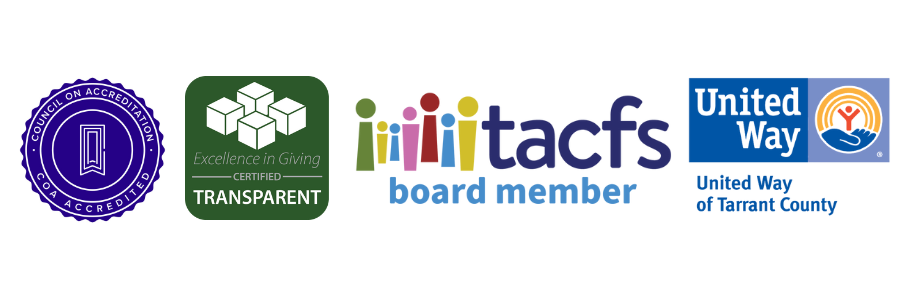Katie Reisor is a member of ACH’s Community Engagement team.
As an adoptee, I know firsthand how difficult it is to process the loss of identity one can feel after separation from their biological family. Even when a child is adopted as a baby, trauma can happen. Relinquishment is not biologically necessary, but sometimes the necessary step that took place. I personally work hard to advocate for all members of the adoption constellation (a term used to describe the members of the adoption community such as adoptees, birth parents, and adoptive parents) because I believe despite the trauma- good work is happening and that the focus is adoptees. Adoption centers around them and they are worthy of amazing lives.
Ways to advocate for adoptees
Listen to their stories. Adoptees, just like me, are using their social media platforms, their voices on podcasts, writing books, and starting up organizations to share about the realities of being an adopted child. Our stories matter and they are so diverse. I challenge you to go and dig into some of the amazing, amplified voices out there and to share them. We can learn so much from one another. Here are a few adoptees I follow on social media that I learn so much from: @therapyredeemed, @katiethekad, @adoptee2adoptionworker, and @hannahjmatthews to name a few
Realize that adoption/foster care is about them, not you. Sometimes we unintentionally place ourselves on a pedestal of saviorism. It’s good to check our intentions behind adopting/fostering and decide if we are doing something for ourselves or simply because a child needs a loving and safe home, and I can provide that. The truth is, it’s not about what we can do, it’s all about helping that child succeed in life. I dream of a world that is eradicated of the problem where children need homes, but the reality is there are so many kids who do. When we are looking to help, it’s a great reminder that this is all about those kids.
How hopeful adoptive parents can equip themselves to best care for an adopted child
- If you are adopting, especially if internationally or transracially, you should be considering how to surround your child with their culture in your immediate circles.
- What friends do you have that can be mentor figures in your child’s life?
- What books and classes are you using to educate yourself on culture, trauma, RAD (Reactive Attachment Disorder), TBRI and other trauma informed care, and to hear from adult adoptees?
- Are you in therapy to work through your trauma and quirks?
- Are you capable of self-regulating in stressful moments? There are so many things to consider in preparation to adopt or foster, but also simply to grow as a person.
How we as an organization can help
Preserving Families. While not always possible, preserving families is always the best option for a child. If we can equip families to succeed as healthy parents, we can keep a child in the environment that they know. We can keep that family from being another statistic of a broken home. We can help that child thrive in their biological family and with the identity they are already forming. While there are always situations that call for different strategies, I think it’s important for us to not get jaded by the difficult situations we have seen and still have hope that a family can find redemption with the right resources.
Protecting Children. ACH helps equips hopeful foster families and adoptive parents with the tools for success. It never ceases to inspire me how many people are passionate about helping children in need. Every child deserves a loving home and people are excited about helping. However, you cannot just feel passionate about providing a home, you must be equipped to best care for a child.
We do that by making sure that our families who wish to open their homes are:
- Trauma informed
- Asking how they plan to implement a child’s culture into their lives after adoption/fostering
- Do they have people in their communities that will come alongside them and support their families?
- Will they continue to fight for a child who is not adapting into their family and might even be lashing out behaviorally?
- Are they willing to continue growing in education resources so that they can learn to be a safe space for kids?
I think we do a great job with these things at ACH, but there is always room to grow. Really focusing on setting our foster/adoption families up for success is vital.
Interested in fostering or adopting? Call 817.886.7140 or click below.


